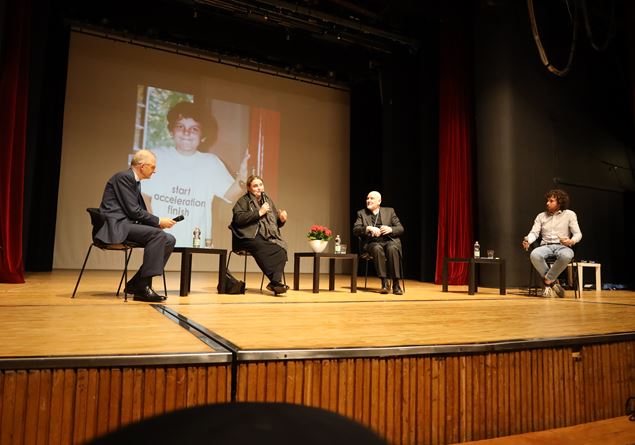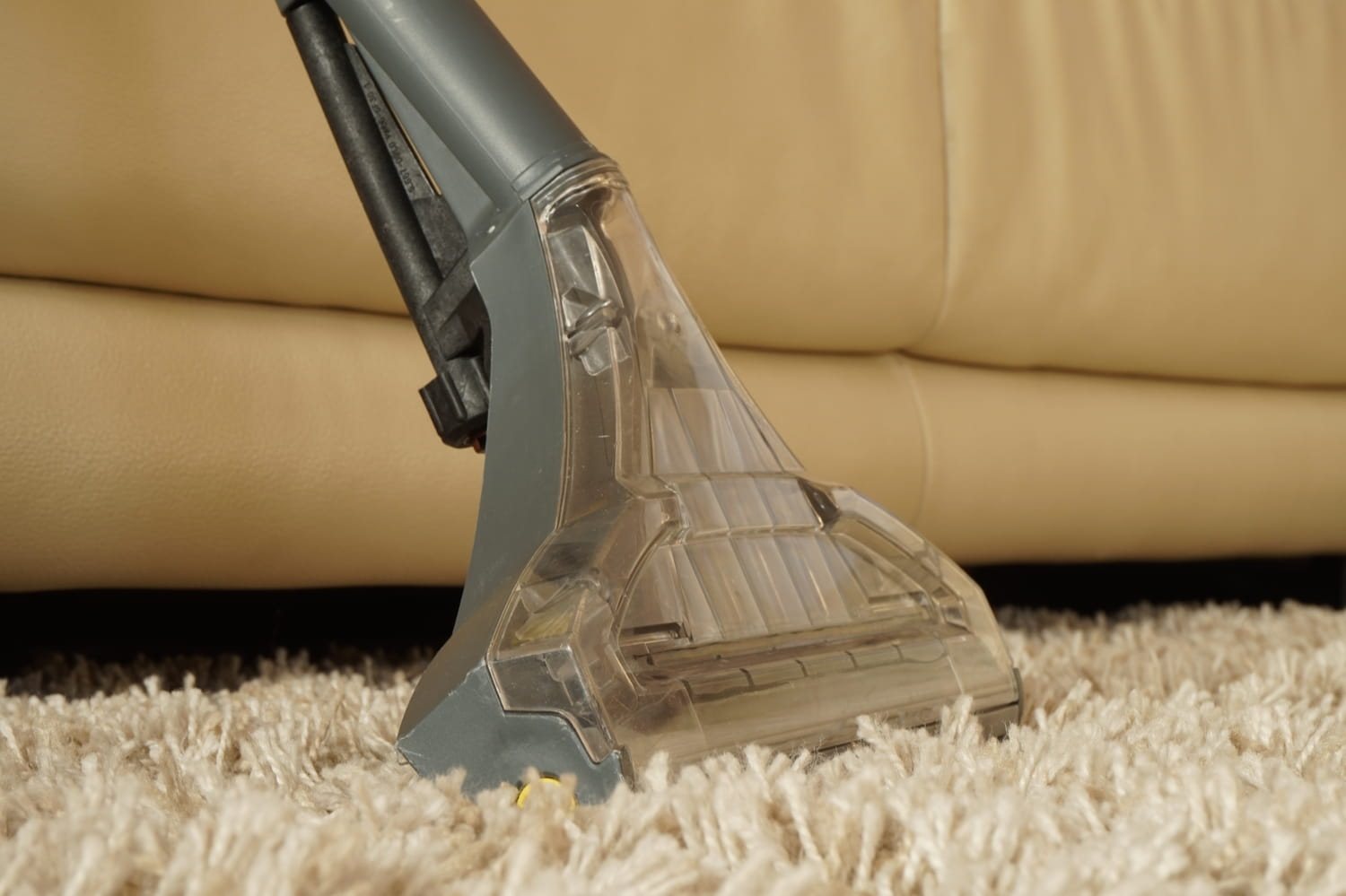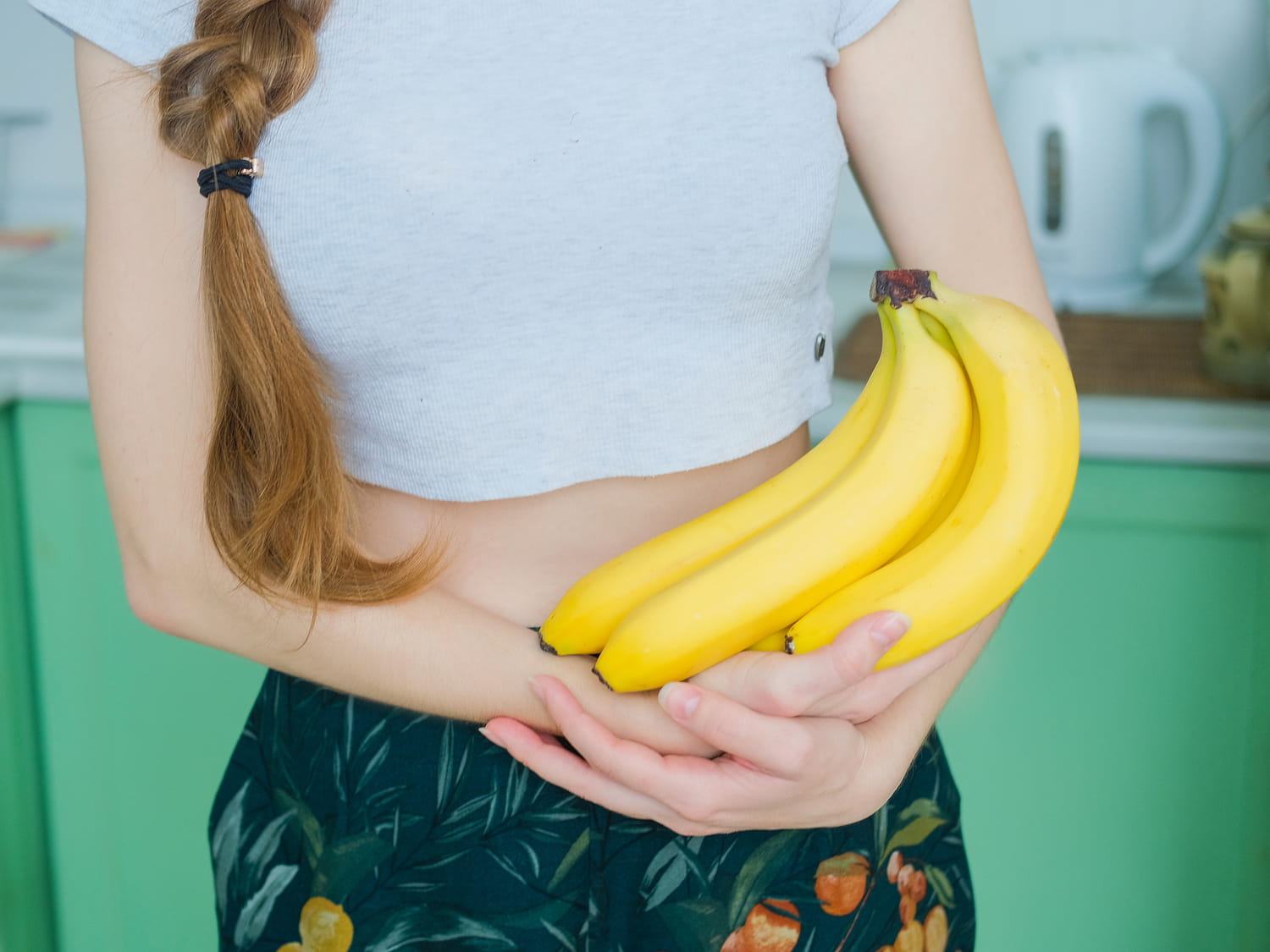It is a reflex that many parents have in long trips by car with their children, but this common gesture is very risky, warn pediatricians.
In their car seat, children quickly find long time as soon as the journey is dragged, which is often the case when going on vacation or on weekends. So, to avoid tears, bickering or the famous question “is when we arrive?”, Parents have their small techniques. Songs, games, riddles, tablet for older children … Everything goes to occupy the children and make the journey more bearable. It is often a question of “survival” for parents, especially when the kilometers are linked and fatigue settles down. Except that an apparently banal gesture can, in reality, endanger children.
Many parents do not realize it at the time. They just want to please, calm hungry or respect the time of snack. So, riding, they hold a cookie, a juice brick, a piece of bread, a fruit. A banal reflex, which can however turn to drama. Because here, it is not a question of bickering or jealousy between brothers and sisters because one has more than the other, but of a real danger to the security of the child.
Indeed, pediatricians are generally unanimous on the subject: there may be a risk of suffocation. Dr. Niky, alias @niky.mamamd on Instagram, published a video to alert parents. “In a moving vehicle, you may not hear or see the signs of suffocation in time to be able to intervene. And even if you realize it immediately, the time required to stop in safety, take the child out of the Auto seat and start the aid gestures is often too long”she said. And the consequences can be dramatic for the child.
“Without oxygen, a child can lose consciousness in less than a minute, and irreversible brain damage – see death – can occur in just four minutes”adds the pediatrician. This type of emergency can also endanger other passengers, especially if the driver brakes suddenly or loses control of the vehicle while trying to rescue the child. To avoid these dramas, it is strongly recommended to take the time to take a break on an area to give food to a child, and to stay close to him while he eats in case.










